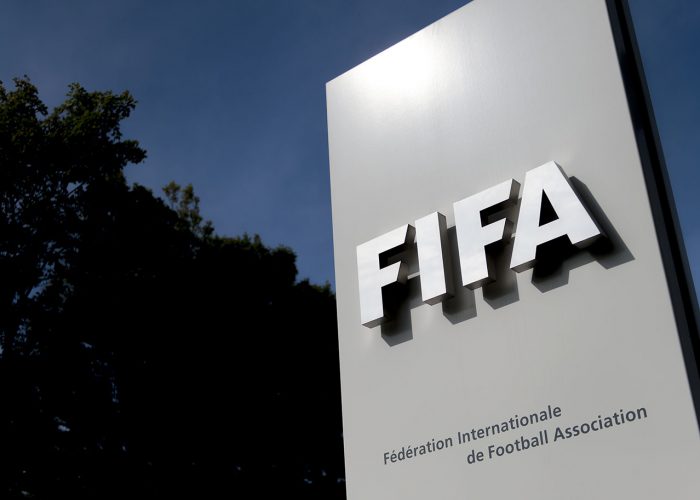
Jonathan Musavengana was fingered as the main culprit in Zimbabwe’s Asiagate controversy
By Tafadzwa Ndiraire
WORLD soccer governing body Fifa has recommended a life ban for former Zifa development officer Jonathan Musavengana.
Musavengana was fingered as the main culprit in Zimbabwe’s Asiagate controversy as the mastermind behind a tour to Asia in 2009 by their senior national soccer team where they deliberately lost matches on the instruction of Wilson Perumal.
A lengthy ban has also been recommended for former South African Football Association president Kirsten Nematandani as the fall out from the pre-World Cup corruption scandal continues.
In a statement on Wednesday, FIFA said a ban of no less than six years and a fine of no less than CHF 10,000 (some R140 000) was being recommended for Nematandani’s alleged violation of the organisation’s Code of Ethics on general conduct, loyalty and duty of disclosure, cooperation and reporting.
“The deputy chairman of the investigatory chamber of the independent Ethics Committee, Djimbaraye Bourngar, has concluded his investigation into the activities of Kirsten Nematandani. As chief of investigation, Mr Bourngar submitted the respective reports, including the relevant recommendations together with the investigation files, to the adjudicatory chamber of the Ethics Committee, which is chaired by Hans-Joachim Eckert. The investigations was initiated in relation to specific conduct in the organisation of several international friendly matches played in South Africa in 2010,” said FIFA.
The report also calls for life bans for former Togo coach Bana Tchannile and Jonathan Musavengana, former development officer of the Zimbabwe Football Association, who were middle men in arranging corrupt referees to handle several of South Africa’s pre-World Cup friendlies.
“Until a formal decision is taken by the adjudicatory chamber of the Ethics Committee, the accused are presumed innocent,” the FIFA statement added.
In March, FIFA banned former SAFA chief executive officer Leslie Sedibe for five years and fined 20 000 Swiss francs (some R250 000) his role in the match fixing scandal.
Steve Goddard and Adeel Carelse, both former heads of the SAFA’s refereeing department, were each banned for two years while former SAFA executive committee member and head of referees Lindile Kika was banned for six years last October.
Fifa said that Sedibe, Goddard and Carelse had all infringed ethics rules concerning general rules of conduct, loyalty and disclosure, cooperation and reporting after a Singapore-based betting syndicate was allowed by SAFA to arrange matches and referees for warm-up matches that Bafana Bafana played against Thailand, Bulgaria, Colombia and Guatemala in May 2010 ahead of the World Cup finals.
Sedibe and Kika both protested their innocence and said they would appeal but this does not appear to have been much more than just hollow words for media consumption.
The looming ban on Nematandani removes any remote hopes he might have had of returning to a role in the game after being voted out of office in 2013 after serving a single four-year term as SAFA president.
Tchanile had already been suspended in Togo in 2010 after leading a fake Togolese national team to play Egypt in a Olympic warm-up event in 2009 and Bahrain in a FIFA-recognised friendly in 2010.
Musavengana was fingered as the main culprit in Zimbabwe’s Asiagate controversy as the mastermind behind a tour to Asia in 2009 by their national team where they deliberately lost matches on the instruction of Wilson Perumal, the mastermind of the betting syndicate that made millions on match results they manipulated.
Musavengana and Tchanile were used as fixers by Perumal and also helped in the 2010 South Africa ruse.


